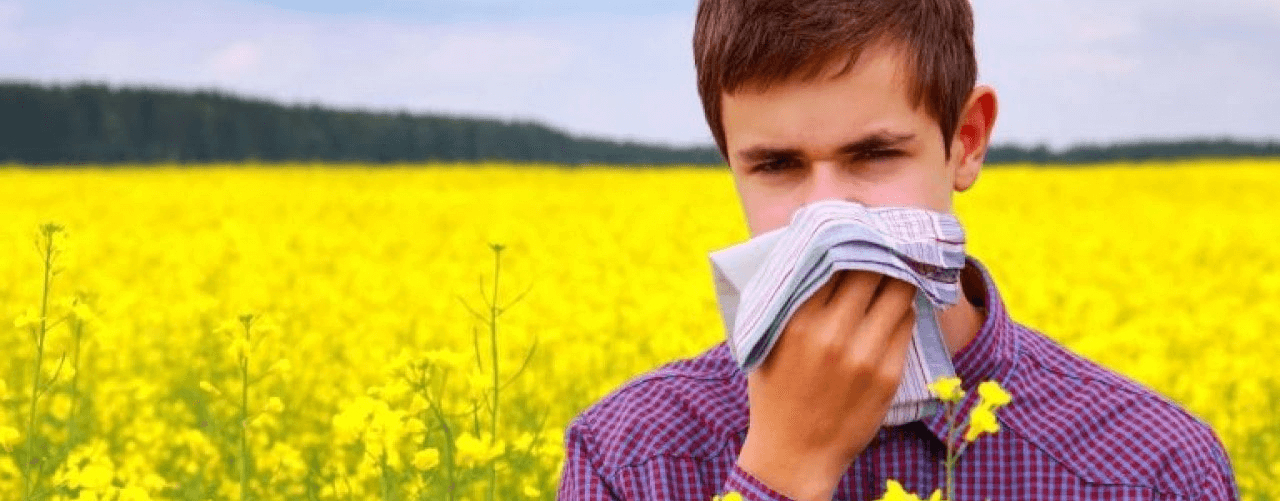Everything You Need to Know About Hayfever Season
If you suffer from hayfever then the beginning of summer might not hold as much excitement for you as it does for other people. However, there are some steps that you can take to avoid triggering your symptoms by reducing exposure to pollen at this time of year.
What is Hayfever?
Hayfever is an allergy to pollen. Some people are allergic to a specific type of pollen while others have a more general allergy to lots of different kinds of pollen. Allergic reactions happen because our immune systems sometimes respond to substances that aren’t actually harmful. If your immune system responds to pollen, it will trigger inflammation that can cause symptoms such as watery eyes and a runny nose.
When is Pollen Season?
Since hayfever is caused by a pollen allergy, the symptoms will only appear when plants are releasing pollen. This means that hayfever symptoms usually appear during the spring and summer, when plants are flowering and spreading their pollen.
Different types of plants release their pollen at slightly different types of year. Although individual species have their own specific flowering times, as a general rule:
- Grass pollen is released between May and July
- Tree pollen is released between February and June
- Weed or flower pollen is released between June and September
However, flowering times can vary depending on the weather. Pollen may be released earlier when we have a mild spring. It can also appear earlier in the southern parts of the UK than it does to the north or at higher altitudes.
If you are allergic to all kinds of pollen then you could be suffering from hayfever for a large part of the year. However, you may find that you are only allergic to grass pollen or even to the pollen of one particular species. It’s a good idea to keep track of when your hayfever symptoms appear and where you were when it happened as it may help you to narrow down the cause. For example, if you always get hayfever after being given a bouquet of daffodils or walking past a field of oil seed rape, you could be allergic to these types of pollen.
What Can I Do To Avoid Pollen?
Knowing which kinds of pollen trigger your hayfever can be helpful because it can make it possible to avoid these triggers. If you have a very specific allergy then you may be able to avoid parks and gardens where this plant lives while it is flowering. Even if you have a more general allergy, you may still be able to work out which times of year are worst for you.
Other steps you can take to prevent hayfever include:
- Keeping doors and windows closed during pollen season
- Changing clothes and taking a shower when you get home to wash off any pollen
- Drying your washing indoors (especially bedding) rather than hanging it out, especially when the pollen count is high
- Checking the pollen forecast and staying inside when it is high













